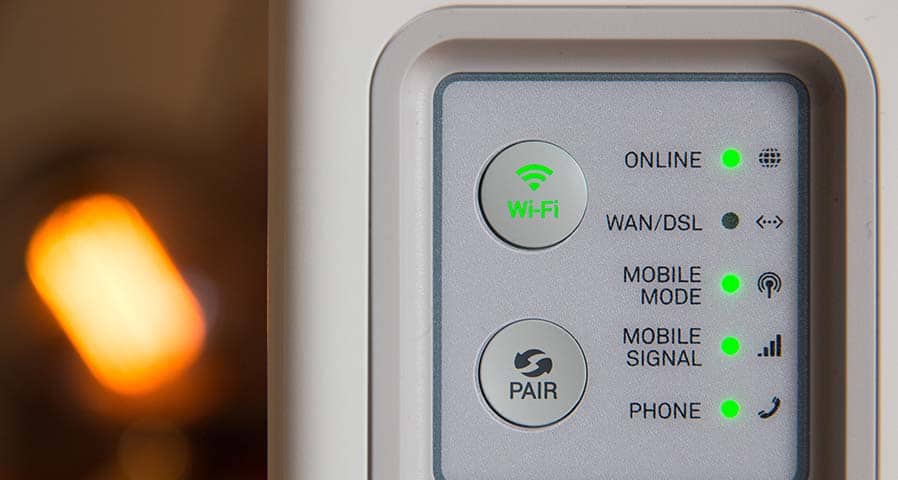EV chargers are rapidly advancing and all smart chargers now come with full internet connections. These third-generation chargers have unique functions but require an internet connection. When you are considering installing these chargers, providing an internet connection can seem overwhelming, but owners and operators have several options.
Types of EV Charger Internet Connections
Here’s a look at the various types of EV charger internet connections available for third-generation stations.
Ethernet Connection
An ethernet connection uses RJ45 cables (ethernet cables) to connect the EV charger to the internet. It’s relatively simple to set up and provides the most secure internet connection. The ethernet cables run alongside the power cord. It’s a good option when cellular and wireless are unreliable.
Cellular Connection
Another option is using a 3G/4G network via a sim card. It’s practical and relatively inexpensive, but your chargers must have a sim card slot. It’s not standard on all types of EV chargers. The location of your charging stations is another consideration. For example, EV chargers in underground parking garages may not have the best reception. Without cellular reception, customers cannot access the chargers.
Our Level 2 AC chargers as well as our Level 3 DC fast chargers are cellular compatible. As a bonus, if your cellular service is unreliable, we offer 4G Gateways to extend your internet connection reach.
Wireless Connection
Wireless connection is a convenient way of connecting your EV chargers to the internet. The charging stations connect to a local router, allowing EV drivers to access the units from their smartphones.
The type of router used does make a difference in reliability. A household wireless router often leads to charging disruptions in the form of downtime. You want to use a commercial-grade router to ensure reliable operations.
Using wireless connectivity is a good option for sites with multiple EV chargers. You don’t have to worry about installing wired connections to every station.
Mixed-Mode Connection
Not all EV charging stations are close to buildings. Some are located in remote areas where other Wi-Fi or ethernet solutions are not viable. A mixed-mode connection works with an on-site router and sim card to connect the charger to the internet.
Talk to Us About Your EV Charger Internet Connection Options
Third-generation chargers require an internet connection for smart operation. Without an internet connection, drivers may experience difficulties accessing the chargers. It also prevents you from monitoring remote EV chargers and troubleshooting any potential issues.
Our Data Sheets (located on each product page) will provide information on the type of connection method compatible with the EV charger. However, many owners and operators still have questions. If you are interested in third-generation EV charging stations or want to learn more about network connectivity, contact one of our EV charging experts today. Call 484-816-2076, email [email protected], or you can schedule a call that fits your needs by clicking the button below.








0 Comments